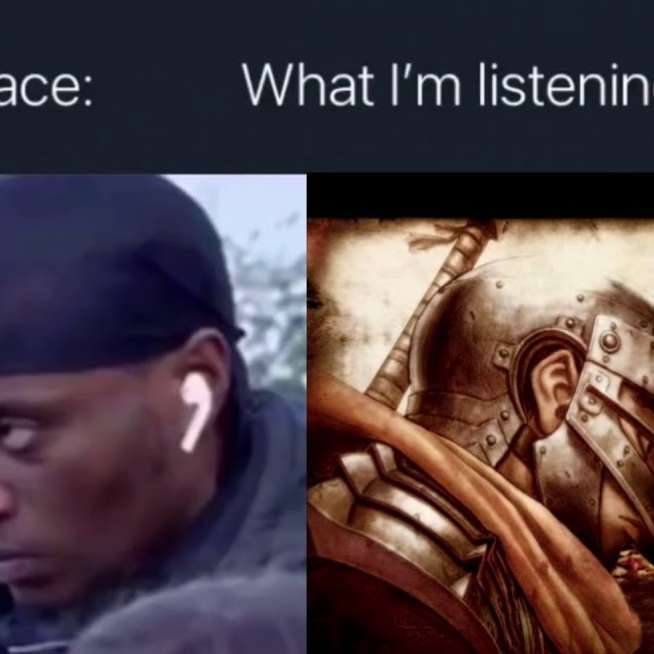Why David Byrne deserves every penny he makes from his tour
Via The Spectator

By Michael Hann
David Byrne
O2 Arena
Let’s get the ‘was-it-good?’ stuff out of the way first. Yes, it was good. It was better than good. It was incredible, fabulous, dazzling. It was whatever adjective you want to throw at it. I can’t recall seeing a more engrossing pop production, ever.
You don’t just get great songs — come on, you’re not going to quibble about ‘Once in a Lifetime’, or ‘Burning Down the House’, or ‘Slippery People’, or ‘Road to Nowhere’, are you? — played by brilliant musicians. You get them presented in a way no one has thought to present a rock show before.
That way was to remove all fixed points from the stage. Usually, the rock show is governed by its architecture: by the positioning of the drum riser, the keyboards, the mic stands, the amplifiers. The big arena pop shows disrupt that — often the band are partly hidden, giving the star and a supporting cast the run of most of the stage — but even then other fixed points must be navigated: props, ramps, walkways. Without any of those, the entire stage comes into play. But how do you replicate a band without a drummer behind a drum kit? You have six percussionists, each with a piece of handheld kit, or something hanging from their neck. Then you have two backing singers, a guitarist, a bass player, and a keyboard player, and everyone on stage in tightly choreographed motion.
Like Bruce Springsteen’s current Broadway show, though in a very different way, this is far closer to theatre than to a pop concert — a performance to be repeated exactly from night to night. No one casually wanders over to jam back-to-back with another musician: every movement has been planned.
It sounds, too, like it can’t be real; that there is more coming from the speakers than from the stage. Byrne has been addressing that question since the start of the tour, explaining that everything is played live. Clearly, though, there were unbelievers, because Byrne introduced ‘Born Under Punches (The Heat Goes On)’ by saying the band would prove it was all live by each musician joining in one by one. Hearing how each individual layer of sound created the whole wasn’t just instructive, it was thrillingly propulsive.
What’s almost as fascinating, though, seeing the show for a second time — I saw it at Hammersmith Apollo in the summer — is the economics. Byrne said he conceived the performance after his booking agent told him he was having ‘a Leonard Cohen moment’ — that is, having a late and unexpected spike in his live audience — which in turn suggested to him the possibility of putting on a show with a more generous budget than usual. From that sprang a virtuous circle: an astonishing show begat a staggered audience and incredible reviews. Word of mouth, in turn, begat greater demand to see him. And greater demand to see him begat Byrne taking the show from theatres to arenas: this is the first time he’s been able to play an arena in the UK since Talking Heads were in their prime, in 1982.
And you can bet your life Byrne isn’t in arenas now because of wild enthusiasm for his decent-but-middling American Utopia album.
Obviously, we’re not meant to think about anything as vulgar as money while engrossed in the show. But, truthfully, it’s actually nice to see someone getting rewarded for doing something so genuinely and profoundly brilliant. David Byrne deserves every penny he makes from this tour.
